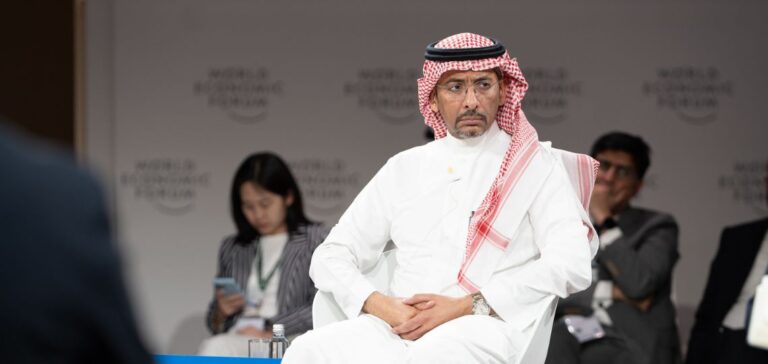Saudi Arabia continues its strategy of economic diversification by turning to the international mining sector.
The Minister of Industry and Mineral Resources, Bandar Alkhorayaf, is embarking on a tour of Brazil and Chile, aimed at boosting Saudi investment in lithium resources.
The visit to Brazil will focus on discussions with industrial and mining groups, including Minerva Foods, JBS, BRF SA, Associação Brasileira de Mineração (IBRAM) and mining company Vale.
These meetings aim to explore new investment opportunities and strengthen bilateral relations.
Focus on Chilean Lithium
In Chile, Alkhorayaf will meet his counterpart Aurora Williams, as well as mining companies Antofagasta and Codelco.
The latter, a state-owned company, is looking for private partners to develop lithium projects, an essential resource for energy technologies.
Almar Water Solutions, a Saudi company, has already expressed interest in partnering Codelco’s Maricunga project.
This move is part of Saudi Arabia’s drive to secure access to critical minerals such as lithium, essential for battery production.
The Kingdom’s economic diversification is also focused on other strategic minerals such as copper, cobalt and nickel.
Economic Diversification Strategy
Saudi Arabia’s economic diversification strategy extends beyond lithium.
The Public Investment Fund (PIF) and Ma’aden, the national mining company, have set up a joint venture, Manara Minerals, to invest in mining assets abroad.
Brazilian Energy Minister Alexandre Silveira announced that the PIF plans to invest $15 billion in Brazil in sectors such as green hydrogen and infrastructure. Saudi Arabia is stepping up its efforts to diversify its economy by turning to the international mining sector.
The planned visits to Brazil and Chile are crucial steps towards securing access to critical minerals, essential for the future of energy technologies, and strengthening economic partnerships with key South American countries.





















